
If you have lost your teeth for any reason and do not like to use removable dentures, you can get help from Implant-based Fixed Dentures. You do not need to remove fixed dentures from your mouth like removable dentures and you can use them permanently. Fixed dentures are made on the basis of 6 to 8 implants and are placed on them, but ordinary dentures are stuck to the surface of the gums. Fixed dentures allow you to easily eat and chew, and prevent your dentures from falling out when you eat, talk or laugh. An Implant-based Fixed Dentures which is used for upper jaw teeth covers less of the roof of the mouth than an ordinary denture, thereby increasing your ability to sense the taste of foods and enjoy them. Implant-based Fixed Dentures can be used for both upper and lower jaws. Surgical Procedure Implants are usually placed in the right bony areas. When you lose teeth, you also lose the bone in that area. If you do not have enough bone to place the implants, you may need bone grafting surgery. During your consultation with your dentist, he or she will review your medical and dental records and use radiography to create a model of your teeth and gums. In some cases, your oral scan (CT scan) may be done to determine the location of the sinuses and nerves, the wisdom tooth to check how much bone is available for placement, and the best place to determine the placement of implants. all steps are done without waiting and wasting time Step 1 (Reception): First of all, you should know that the initial visit does not cost you anything and is free of charge, and before starting the necessary steps, you will be given a treatment plan and if you do not want to do the treatment process, you can cancel your request and not perform surgery without paying any fees. If you wish to start, after entering the hospital and final reception, you will be given basic training and with the help of the head of the International Patients Department, you will get acquainted with the treatment staff. After training and initial acquaintance, the condition of your teeth and gums should be checked. Usually a photo of your teeth is taken at the first appointment with the dentist, and then the goals of this treatment and its process are explained to the patient, and if the patient wishes to do so, the treatment process will begin. Step 2 (Placement of the implant bases): After you have been given the necessary training and preparations before the surgery, according to the pre-determined time, you will go to the dentist's office. Dental implant surgery anesthesia can be performed locally or in limited cases as a general anesthesia, depending on the applicant's condition. After anesthesia, surgery is performed on you. Then, after the surgery is over, you spend the recovery period under the supervision of a doctor to make your condition more stable. If you are completely anesthetized, you should be monitored for up to 24 hours, otherwise you will go home to complete the rest of the recovery process. Step 3 (Check the stability of the position and re-visit): 2 weeks after the implant bases are placed in your jaw, you will be visited by a doctor to ensure the strength and stability of the bases. Step 4 (Placement of prostheses): After a period of 3 to 6 months, which is determined by the doctor, you should place the prostheses on the implant bases. Step 5 (Post-surgery care): Be sure to use soft foods for nutrition after all the steps, so that the stitches are not damaged. Always keep in mind that you should always keep your mouth clean with a toothbrush and dental floss to increase the durability of implants more and more. Follow-up: It is better to stay in Iran for a week after discharge to avoid a long trip and to easily access the doctor and be examined if you need to. But if you want, you can return home any day you want from the day after the discharge. We will not leave you alone and whenever you have any questions, you can contact us or even have a video call with your doctor through the head of the department. Furthermore, your ward manager will be in contact with you in the first week after your discharge to ensure your health. What services are included in this package? Ancillary accommodation services: -Issuance of medical visa -Travel within the city from the patient's accommodation to the hospital -Airport reception -Preparation of a plane ticket at your request -Local SIM card -Personal stuff package -Booking your desired hotel -Translator in the entire duration of treatment Ancillary medical services: -Translator in different languages in the hospital -A nurse to accompany you -Medication -Free follow-up -Free consultation before treatment -Doing all affairs without waiting -Unlimited visits by the treating physician -All imaging issues -Heart consultation - Lung consultation -Blood test -All tests required -implants and required consumables

















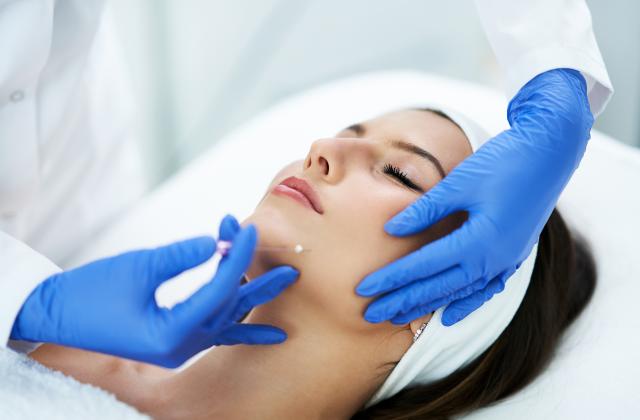





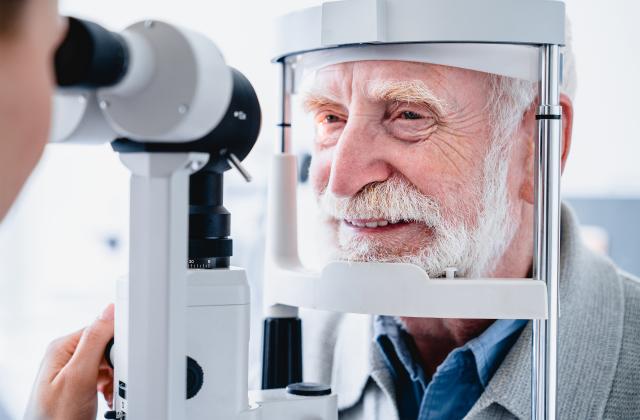











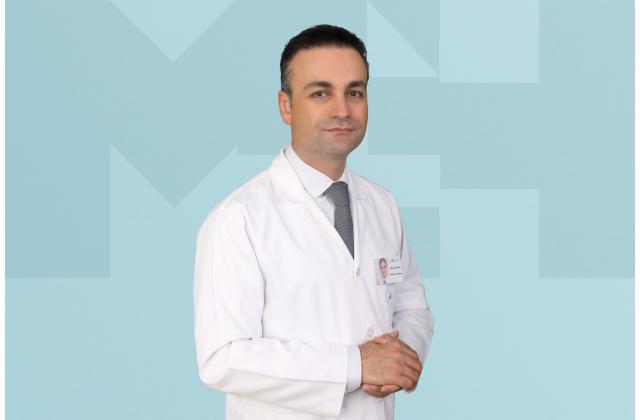





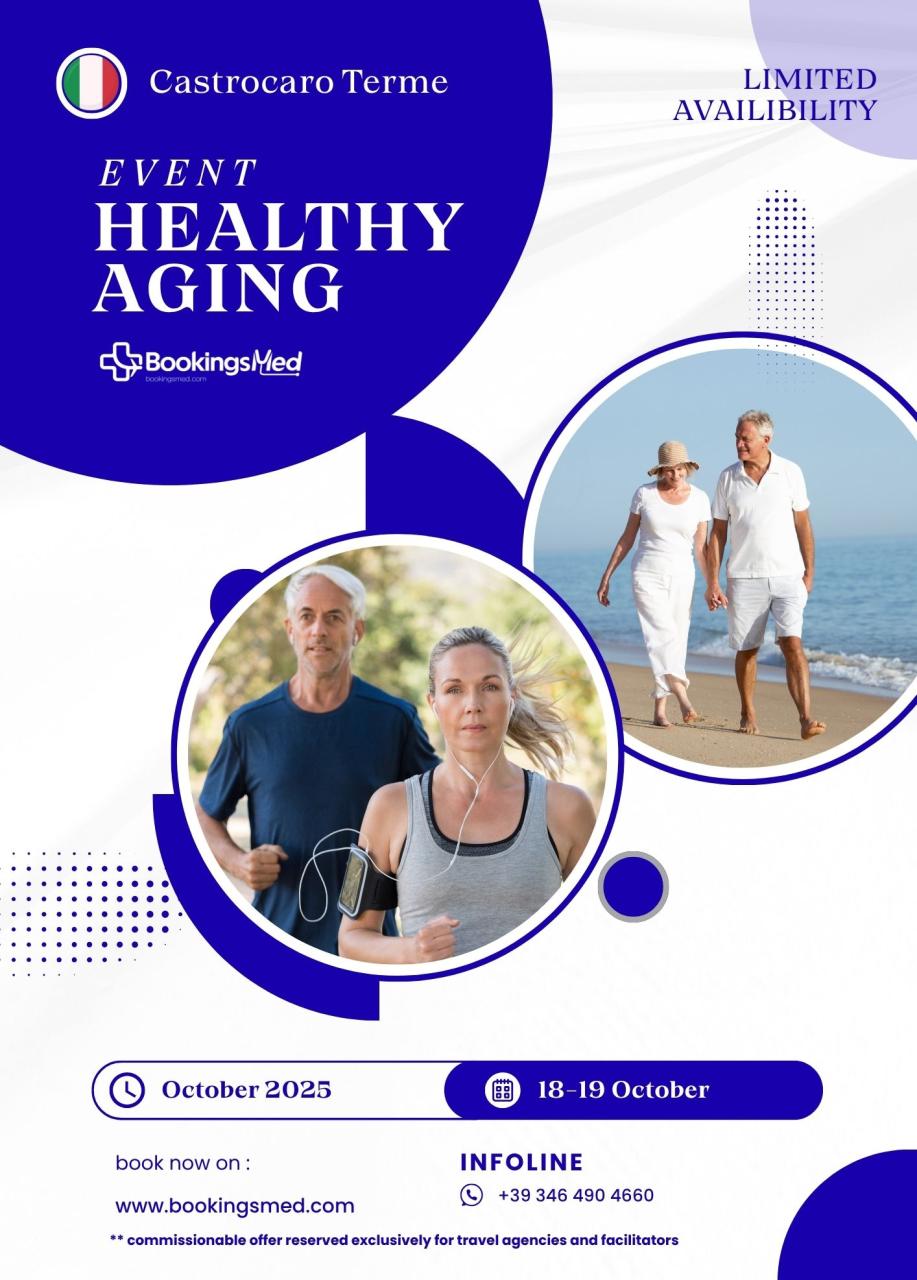



.jpg)
.jpg)
.jpg)
.jpg)
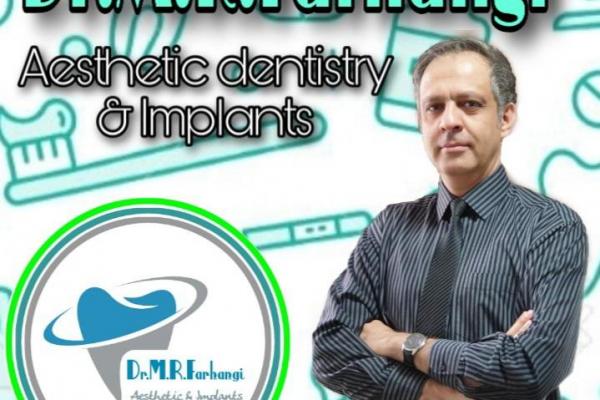
2.jpg)
